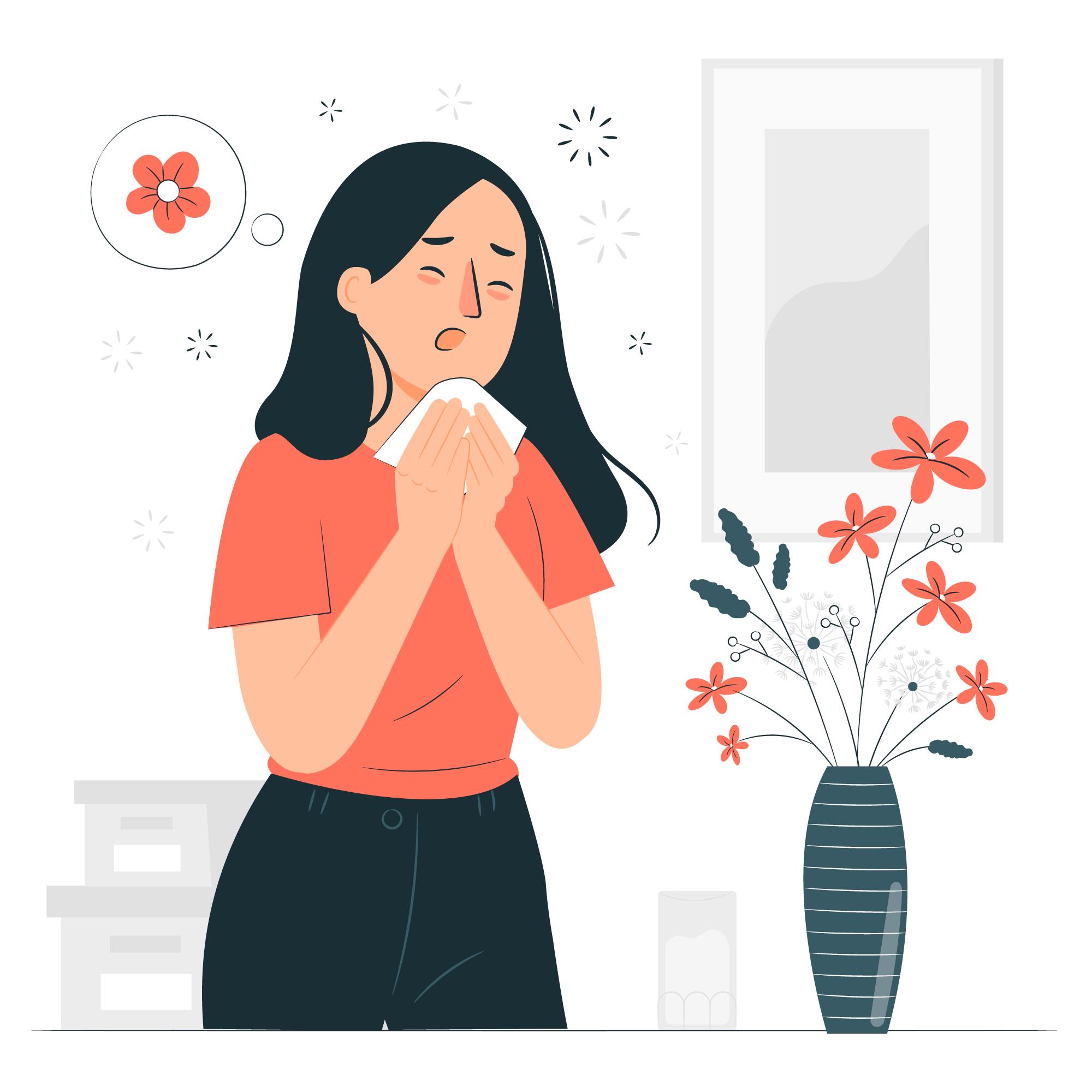
Complications and Long-term Effects of Untreated Allergic Rhinitis
Introduction: Allergic rhinitis, commonly known as hay fever, might seem like a minor inconvenience, but leaving it untreated can have serious consequences. Let’s explore the potential complications and long-term effects of untreated allergic rhinitis.
Complications of Untreated Allergic Rhinitis:
- Sinusitis: Chronic nasal inflammation from untreated allergic rhinitis can lead to sinusitis, a condition characterized by inflammation and infection of the sinuses. Symptoms include facial pain, pressure, nasal congestion, and headaches.
- Middle Ear Infections: Children with untreated allergic rhinitis are at a higher risk of developing middle ear infections (otitis media). Nasal congestion can block the Eustachian tube, leading to fluid buildup in the middle ear and increasing the likelihood of infection.
- Sleep Disturbances: Nasal congestion and other symptoms of allergic rhinitis can disrupt sleep patterns, leading to fatigue, irritability, and difficulty concentrating during the day.
- Decreased Quality of Life: Persistent symptoms of allergic rhinitis can significantly impact a person’s quality of life, affecting their ability to work, study, and engage in social activities.
- Exacerbation of Asthma: Allergic rhinitis and asthma often coexist, and untreated allergic rhinitis can worsen asthma symptoms. Nasal congestion can trigger asthma attacks and make asthma more difficult to control.
Long-Term Effects of Untreated Allergic Rhinitis:
- Nasal Polyps: Chronic inflammation of the nasal passages can lead to the formation of nasal polyps, noncancerous growths that can obstruct airflow and cause further nasal congestion and sinus infections.
- Chronic Sinusitis: Untreated allergic rhinitis increases the risk of developing chronic sinusitis, a condition characterized by persistent inflammation and infection of the sinuses. Chronic sinusitis can be difficult to treat and may require long-term management.
- Impaired Lung Function: Chronic inflammation from untreated allergic rhinitis can affect lung function over time, increasing the risk of developing respiratory conditions such as chronic obstructive pulmonary disease (COPD).
- Eustachian Tube Dysfunction: Persistent nasal congestion can lead to dysfunction of the Eustachian tube, increasing the risk of recurrent middle ear infections and hearing loss.
- Increased Risk of Allergies and Asthma: Untreated allergic rhinitis can prime the immune system for further allergic reactions, increasing the risk of developing additional allergies and asthma.
Conclusion:
While allergic rhinitis may seem like a minor inconvenience, leaving it untreated can lead to a range of complications and long-term effects. Seeking timely treatment and management can help alleviate symptoms, improve quality of life, and reduce the risk of serious complications.
To seek medical advice, always consult a Doctor. Here are our recommended experts. Click here
To read more on Respiratory disease . Click Here



